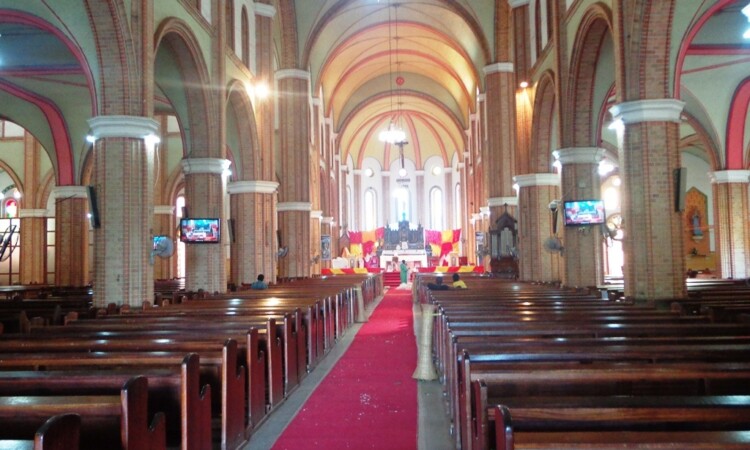By Sem. Robert Bigabwarugaba
It is good to understand the structure of the Catholic Church; this is after ‘Agnes Kabajuni’ a Human rights and gender expert labored to write an article “Pope should consider naming next archbishop from another region.” Her concern and query is true but however, a fallacy which needs to be clarified and come to a common understanding of what the Catholic Church hierarchy is.
Following the general pattern of civil government, the expanding Church generated Ecclesiastical provinces, each headed by a Metropolitan, who is assisted by his suffragan bishops, each of whom headed a diocese within the province. This system has continued substantially unchanged. The Metropolitan convokes and presides at provincial synods, and he takes the chief part, assisted by his Suffragans, in the consecration of bishops.
And yet the Metropolitan in the Roman Catholic Church, is the head of an ecclesiastical province. Originally, a metropolitan was a bishop of the Christian Church who resided in the chief city, or metropolis, of a civil province of the Roman Empire and, for Ecclesiastical purposes, administered a territorial area co extensive with a civil province. The first known use of the title in Church Conciliar documents was at the Council of Nicaea in 325, which definitely established the metropolitan in the Organization of the Church.
An Archdiocese also is called a metropolitan see for the ‘head’ diocese of an ecclesiastical province. For example, the Archdiocese of Mbarara is the Metropolitan see for the Province of Western Uganda, which includes the Archdiocese itself and the suffragan Dioceses of Fort Portal, Kabale, Kasese, and Hoima. (The term suffragan simply refers to those dioceses of a province under the leadership of the archdiocese). The purpose of forming such a province is to foster cooperative and common pastoral action within a region (code of Canon Law, #434).
The Archbishop, while clearly holding an office with great prestige, has immediate jurisdiction only over his own diocese. However, as the Metropolitan Archbishop, he has several important duties: to ensure that his suffragan dioceses are vigilant in the faith and Ecclesiastical discipline, to inform the Holy Father availing the Nuncio in the case of any abuse or neglect in another diocese, and with his permission to conduct a formal visitation to the suffragan bishop, to appoint a diocesan administrator when the suffragan diocese has no Bishop, to install a newly appointed bishop for the suffragan diocese and to perform other special duties as circumstances warrant (code of Canon Law, #464). The Archbishop also meets with the suffragan bishops in a provincial council to discuss matters of importance to the region. Finally, in regard to juridical matters, the metropolitan Tribunal would be the first court of appeal for cases adjudicated in the local diocesan Tribunal.
The ultimate decision in appointing bishops rests with the Pope, and he is free to select any one he chooses. But how does he know whom to select? The process for selecting candidates normally begins at the diocesan level and works its way through a series of consultations until it reaches the Pope.
It is a process bound by strict confidentiality and involves a number of important players – the most influential being the bishops of a region, congregation for bishops and the apostolic Nuncio.
And one who is selected to be the Archbishop must hold firmly the Orthodox faith, have a devotion to the Apostolic See and be faithful to the Magisterium of the Church. He must also have an aptitude for governing, a social sense, and openness to the signs of the times of which the crux he must be well versed with the culture of the region he has been appointed.
The writer is a catholic church leader at Katigondo National Major Seminary.
Email: [email protected]
If you would like your article/opinion to be published on Uganda’s most authoritative news platform, send your submission on: [email protected]. You can also follow DailyExpress on WhatsApp and on Twitter (X) for realtime updates.



